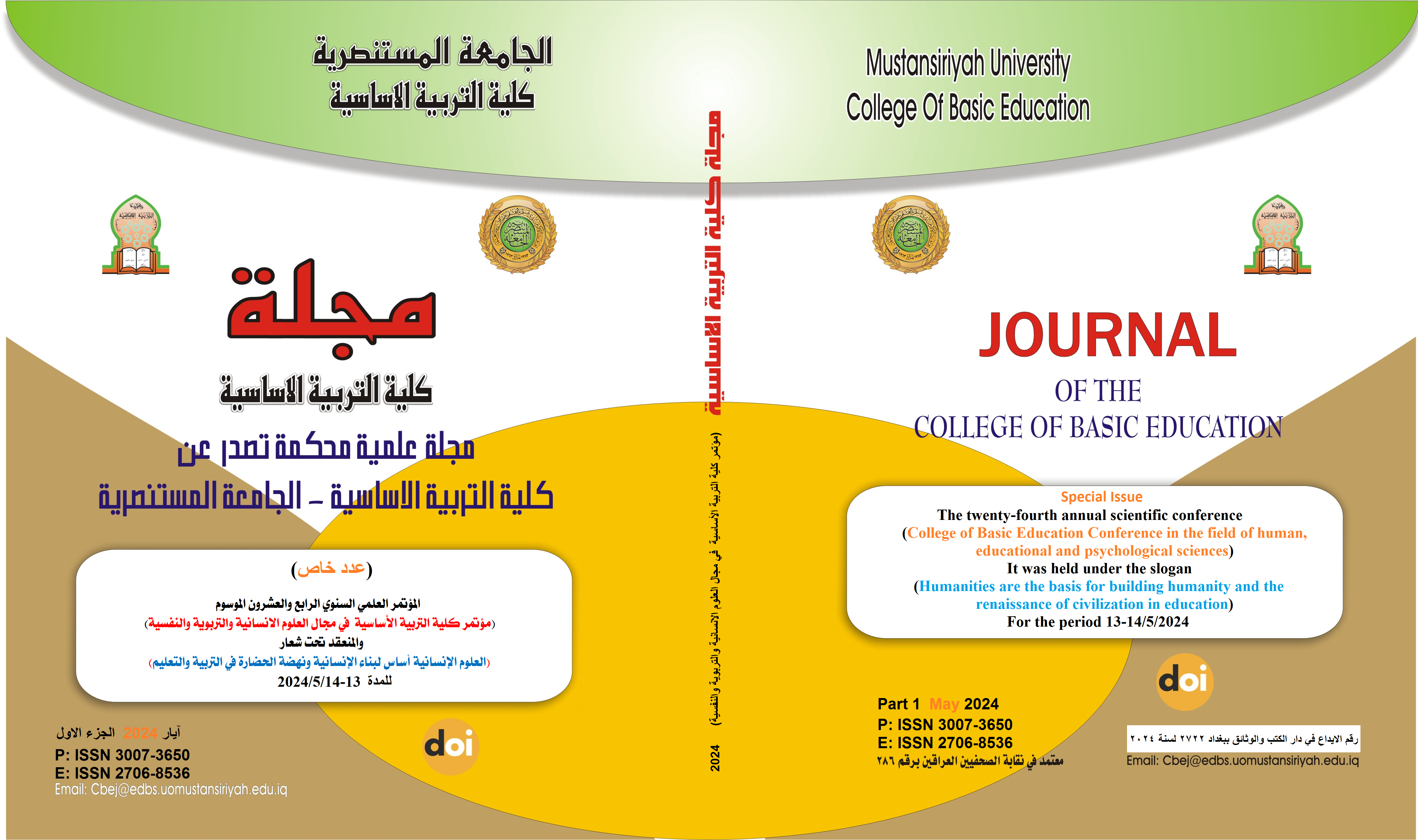The position of the Islamic religious establishment on the political changes in Iraq 1921-1970.
Main Article Content
Abstract
The clerics have taken on political action since the fall of the Ottoman Empire. An undeclared alliance emerged between the two institutions - so to speak - the Shiite and the Sunni. They agreed to fight the new occupation and form a national state. Therefore, several religious movements and parties emerged adopting that vision since the events of 1918 in Najaf and onwards. Sunni religious groups also coalesced into movements and parties that culminated in the Iraqi Islamic Party. Therefore, the religious establishment, both Shiite and Sunni, did not stand by and watch the events in Iraq, or the activity of the secular and liberal movements that have been active since the middle of the twentieth century.
The research touched on the phenomenon of political Islam, its relationship with Iraqi governments, the extent of their interference in the state, and the state’s official position on those movements. The research was divided into several paragraphs that followed the growth of religious movements in Iraq from the founding of the Iraqi state until 1979
Article Details

This work is licensed under a Creative Commons Attribution-ShareAlike 4.0 International License.
